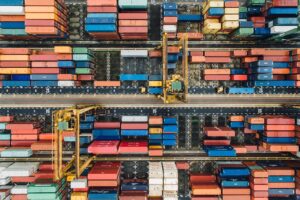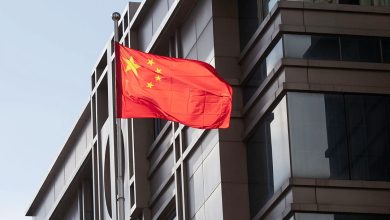Philippines too small to impose China trade sanctions

THE PHILIPPINES can’t afford to impose trade sanctions on China amid security tensions given its import-dependent economy, according to an economist.
The Southeast Asian nation may also struggle to rally its neighbors to impose trade sanctions on China given their own economic challenges, Emmanuel Leyco, chief economist at Credit Rating and Investment Services Philippines, Inc. told OneNews Channel on Thursday.
The Philippines imports more than it exports, and it relies heavily on China, which has been a source of cheap products including food. “We import more than we export. If we lose China as a source of cheap products, our economy will suffer,” he said.
If Manila diversifies its trade away from China, it would be forced to import from countries where these products are more expensive, Mr. Leyco said. “And we also have to look for countries we can export our products to.”
The trade deficit between the Philippines and China had hit $1.571 million as of May in favor of China, which exported $2.625 billion worth of products into the Philippines.
But it’s the US, not China, which has been the largest buyer of Philippine products, with office machine parts, integrated circuits and insulated wires on top of the list.
Tensions between the Philippines and China have worsened in recent months as China continues to block its neighbor’s resupply missions in the South China Sea.
The government of President Ferdinand R. Marcos, Jr. has filed 130 diplomatic protests against China including 63 this year.
Lawmakers have asked the government to do something more than file protests.
Mr. Leyco noted that if Manila wants to sanction China on the trade front, it can pursue an “embargo or boycott of Chinese products.” “Of course, they will retaliate. And they can retaliate by saying ‘we’re not going to export to you anymore.’ And there goes the No. 1 source of our imports.”
Mr. Leyco said trade embargoes are done by countries with a strong leverage. “We can do that, but we have to make sure that we have alternative sources of our imports and countries where we can export our products.”
“I’m afraid that trade policy or trade weapons are not available to the Philippines. But perhaps if we are more independent, if we produce more than we import, we will be fine,” he said. “Unfortunately, that is not the case.”
Mr. Marcos has veered away from the foreign policy of his predecessor Rodrigo R. Duterte, who launched a pivot to China in 2016 to secure investment pledges, few of which materialized.
The Philippines in 2016 won an arbitral ruling that invalidated China’s expansive claims in the South China Sea based on a 1940s map. Beijing has ignored the ruling, calling it void.
“An economic sanction may not have potential or strength, or the same impact it will have if it were being done by countries like the US, Russia or even China,” Mr. Leyco said. “We’re too small to be a major player in economic trade embargos and trade sanctions.” — Kyle Aristophere T. Atienza




